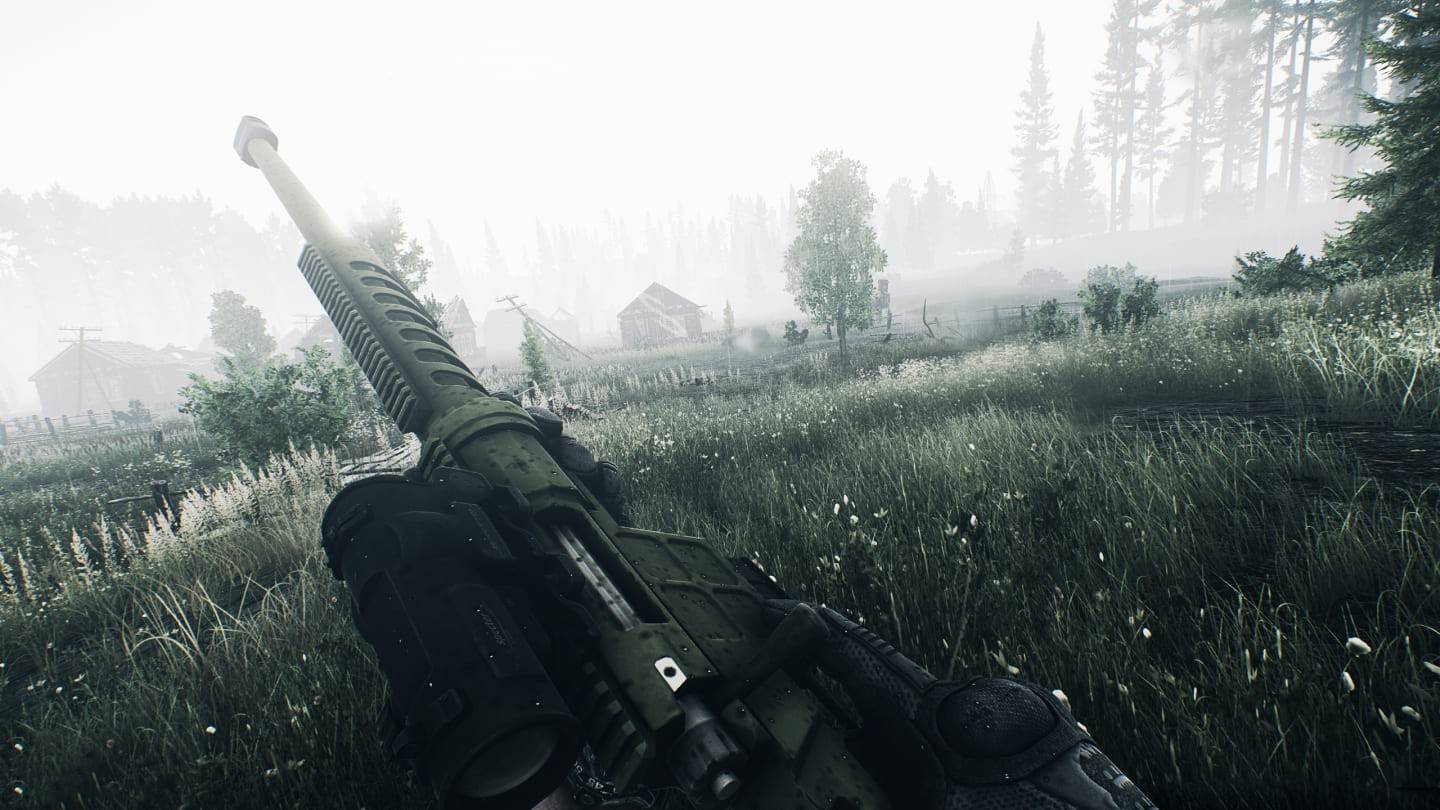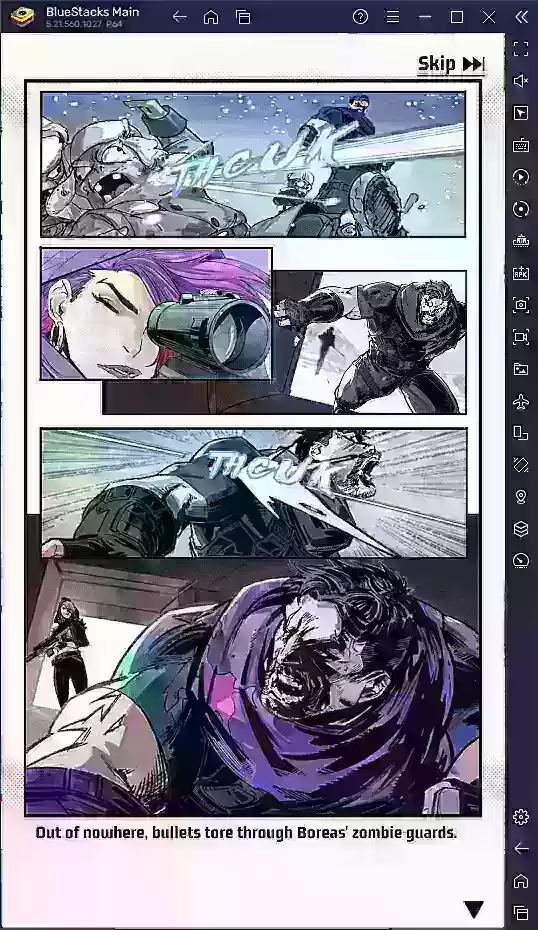In *Kingdom Come: Deliverance 2*, crime isn't just a minor inconvenience—it can fundamentally alter how the game world reacts to you. Whether you're caught stealing, trespassing, or even attacking a peasant, the repercussions can be severe. Here’s a comprehensive look at how the crime and punishment mechanics operate in this sequel.
Recommended Videos
Related: All Pre-Order Bonuses & Editions for Kingdom Come: Deliverance 2
How Crimes Work in Kingdom Come: Deliverance 2
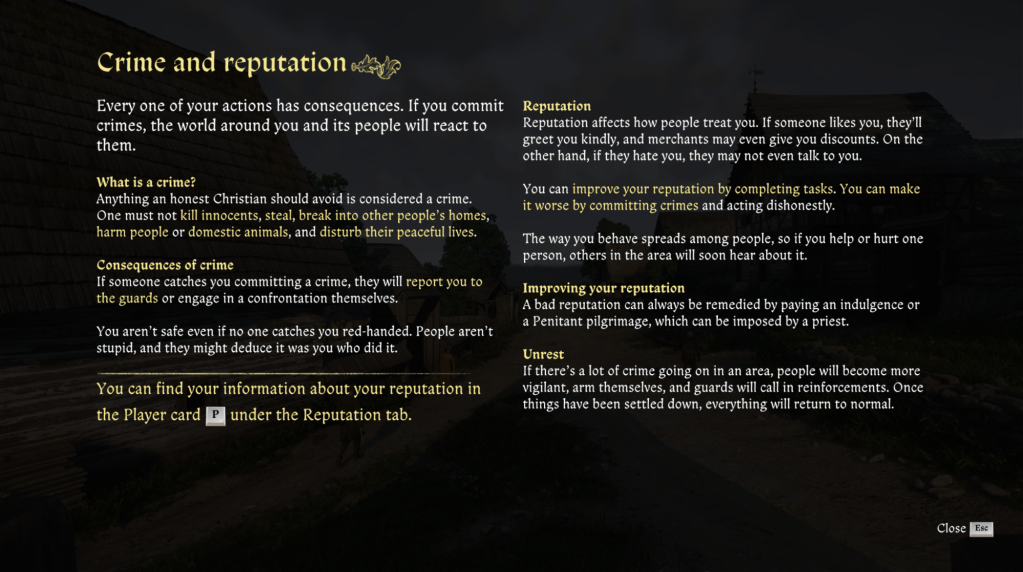 Screenshot captured by The Escapist
Screenshot captured by The Escapist
In KCD2, any action that disrupts the law-abiding world is considered a crime. With enhanced AI compared to its predecessor, NPCs are now more vigilant about criminal activities. If you commit a crime, expect consequences—whether you're caught in the act or hunted down later.
The game categorizes the following actions as illegal:
- Murder – Killing innocent NPCs.
- Theft – Stealing from homes, shops, or unconscious NPCs.
- Lockpicking – Breaking into locked buildings or chests.
- Pickpocketing – Stealing directly from people.
- Assault – Attacking civilians or guards.
- Animal Cruelty – Hurting domestic animals.
- Trespassing – Entering private areas without permission.
- Disrupting Order – Causing trouble in towns.
Committing these acts can lead to suspicion, arrest, or worse. The reactions of guards and villagers vary based on the crime's severity.
What Happens When You’re Caught?
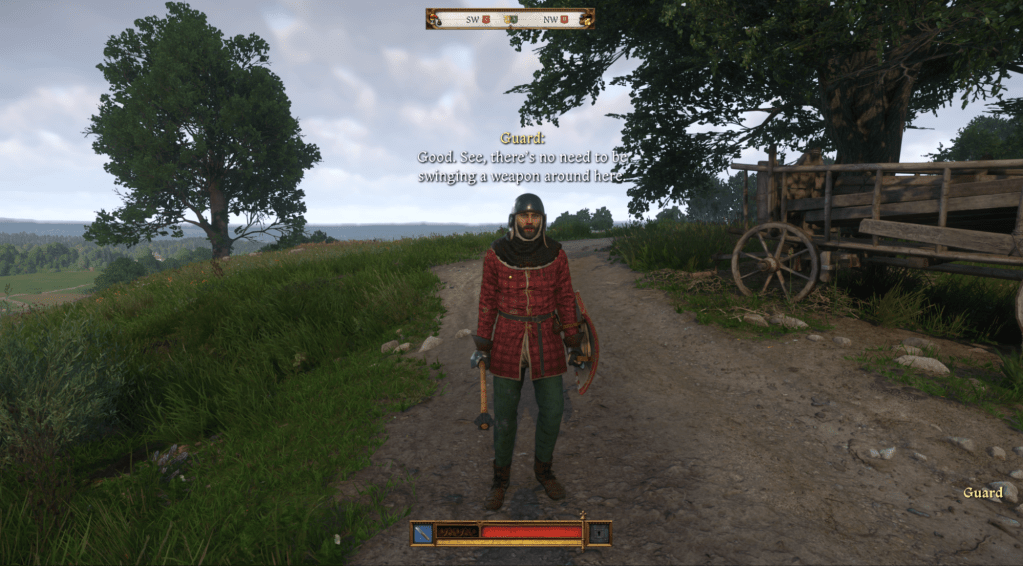 Screenshot captured by The Escapist
Screenshot captured by The Escapist
If a guard witnesses your criminal act, you'll be reported immediately. Civilians can also report you, triggering an investigation. When caught, you have several options:
1. Pay the Fine
Paying a fine is the easiest way out, though the amount depends on the crime. Stealing might only cost a few Groschen, but murder could lead to bankruptcy or harsher penalties.
2. Talk Your Way Out
With high Speech or Charisma, you might persuade guards to release you, especially for minor offenses. However, convincing them after serious crimes is much tougher.
3. Run for It
Running is risky but sometimes necessary. Guards will pursue you, and escaping will temporarily make you a wanted man. Changing your clothes or bribing officials might help you return to town unnoticed.
4. Accept the Punishment
If you can't pay or escape, you'll face the consequences, which vary based on the crime's severity.
How Punishments Work in Kingdom Come: Deliverance 2
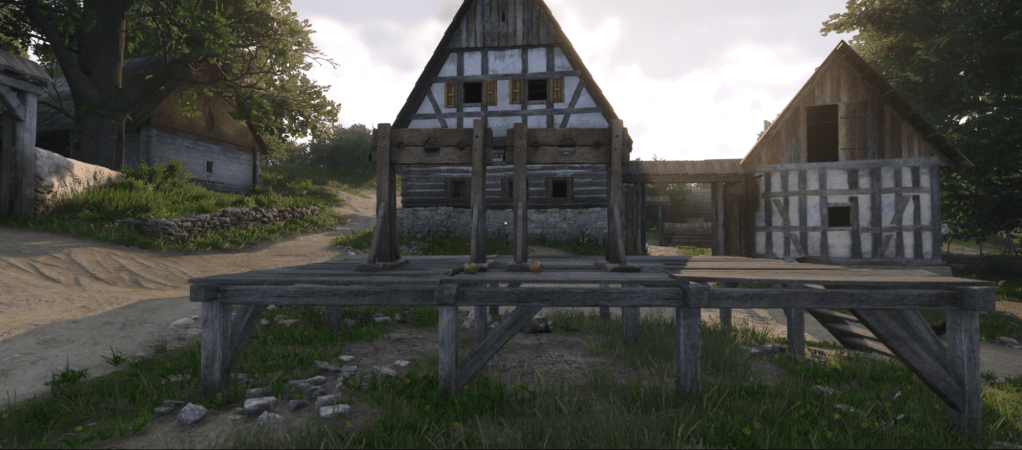 Screenshot captured by The Escapist
Screenshot captured by The Escapist
Punishments in KCD2 range from minor to severe, depending on the crime. Here are the possible penalties:
1. Pillory (Public Humiliation)
For minor offenses like trespassing or accidental assault, you'll be locked in the pillory for a few in-game days. This affects your reputation, and NPCs will mock you.
2. Caning (Physical Punishment)
Mid-tier crimes like theft or assault result in caning, a public beating that temporarily reduces your health and stamina.
3. Branding (Permanent Criminal Status)
Reserved for repeat offenders or serious crimes like murder, branding marks you as a criminal. NPCs will treat you differently, merchants may refuse to trade, and guards will watch you closely.
4. Execution (Game Over)
The ultimate penalty for the gravest offenses, such as multiple murders, execution means game over.
Related: How to Get the Best Ending in Kingdom Come Deliverance 2
How Crime Affects Your Reputation
Your reputation in KCD2 directly influences how NPCs interact with you. Committing crimes can make townsfolk suspicious or hostile.
How Reputation Works
Each town and faction tracks your reputation independently. A low reputation may lead to NPCs refusing to talk, trade, or offer quests, while a high reputation can unlock discounts, extra dialogue, and special opportunities. Guards may search you more frequently if they suspect past crimes. To improve your reputation, help the community, donate to the church, or pay off fines. This system is somewhat similar to the Honor system in Red Dead Redemption 2.
How to Avoid Getting Caught
While committing crimes is part of the KCD2 experience, getting caught can be detrimental. Here are some tips to stay under the radar:
- Eliminate Witnesses – Always check your surroundings before committing a crime. If someone sees you, change your disguise immediately.
- Commit Crimes at Night – Nighttime reduces the chances of being spotted.
- Sell Stolen Goods Wisely – Stolen items are marked in your inventory. Avoid selling them to regular merchants; instead, find fences or black-market dealers far from the crime scene.
That’s how crime and punishment work in Kingdom Come: Deliverance 2.




 LATEST ARTICLES
LATEST ARTICLES 